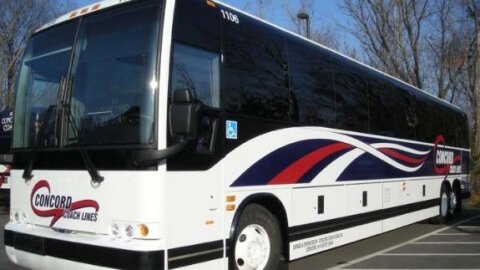The U.S. Customs and Border Patrol's Maine office says its agents have interviewed occupants of 21 Canadian-registered boats since last fall. The statement comes after a flurry of attention to border patrol activity in the area of Machias Seal Island, an area to which both the U.S. and Canada lay claim.
A representative of Canadian fishermen in the area told reporters that in June, 10 or more Canadian vessels were intercepted by the U.S. Border Patrol in waters that Canada considers its own. He says occupants were interviewed, and in some cases the vessels were boarded by U.S. authorities.
The U.S. Border Patrol statement says that individuals aboard 21 Canadian vessels were "interviewed" within U.S. waters during the fiscal year that began in October.
The statement does not address whether any of the Canadian vessels were boarded. And although the agency says its interviews were part of ongoing efforts to enforce immigration and other laws, it also says the encounters with Canadian boats resulted in no arrests. Canadian fishermen and the Canadian government say they are working with U.S. authorities to ensure fishermen in the disputed area – often referred to as "the Grey Zone" – can continue fishing in a normal manner.
Border patrol officials referred further questions to the State Department, which did not respond to requests for comment.



